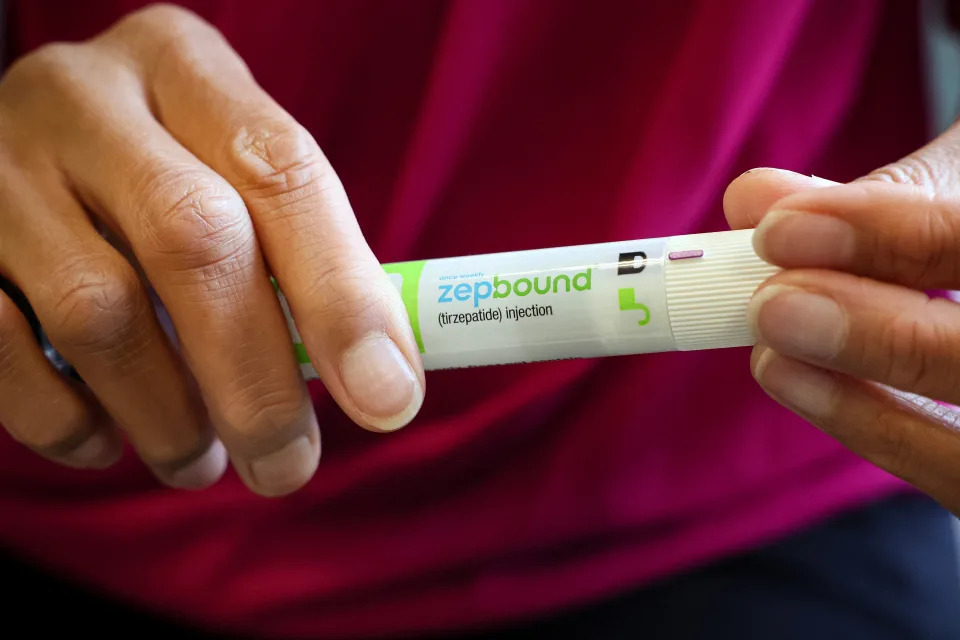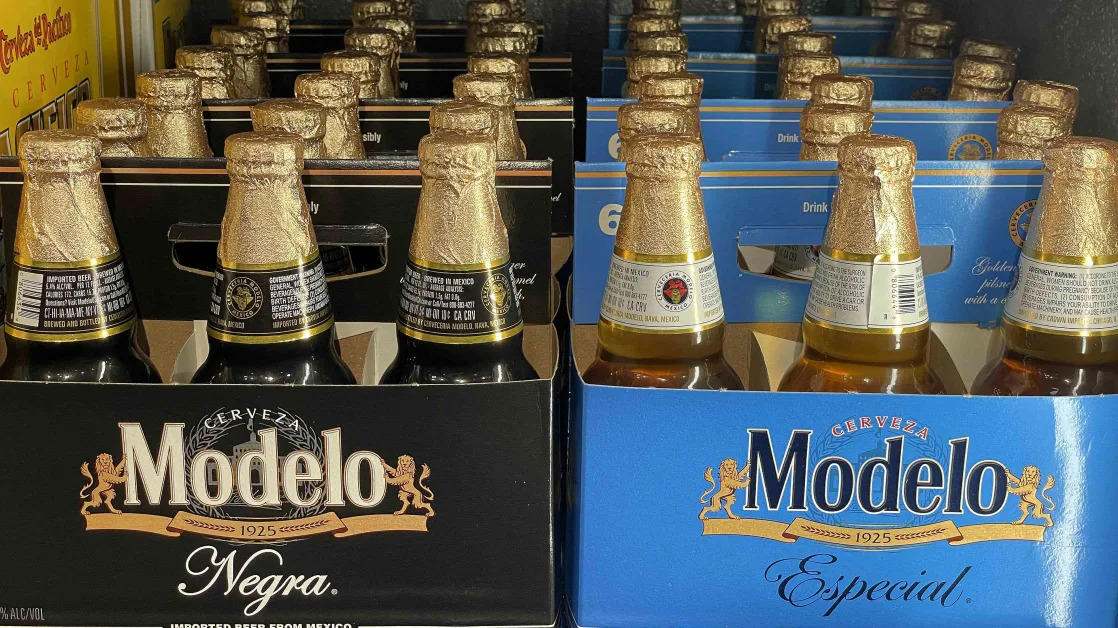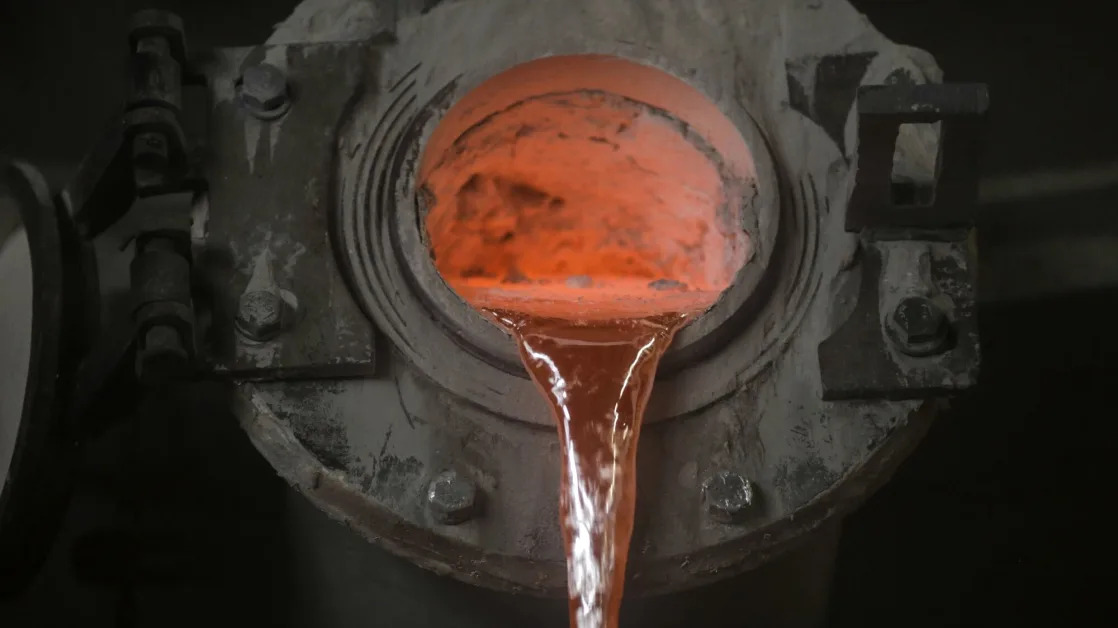Berkshire Hathaway ( BRK-B , BRK-A ) is placing a bet on Ulta Beauty ( ULTA ).
On Wednesday, the Warren Buffett-led conglomerate revealed in a regulatory filing that it bought 690,106 shares in the beauty retailer in the second quarter, worth roughly $266 million as of the end of June. Ulta stock jumped over 11% on Thursday and continued to rally on Friday, up 14.6% since Berkshire disclosed its holdings.
The move is "a big stamp of approval," BMO Capital Markets managing director and senior analyst Simeon Siegel told Yahoo Finance. "The beauty category has always been an attractive category."
In addition to taking a stake in Ulta, Berkshire Hathaway added aerospace manufacturing company Heico ( HEI ) to its holdings and exited its positions in Snowflake ( SNOW ) and Paramount ( PARA ). Berkshire also trimmed shares of Apple ( AAPL ), among other names.
However, Berkshire's stake in Ulta came as a surprise. The stock has had a tough year so far, though, which may have made it more attractive, in line with Buffett's value-oriented investment philosophy. Shares of the retailer are down 23% since the beginning of the year.
“Warren Buffett is almost like the original value investor, and I think that that’s the way they looked at it,” said Loop Capital Markets managing director Anthony Chukumba, who has a Buy rating on Ulta stock. "We do like the fact that Berkshire got involved with the stock. It definitely lends credibility to the story."
Ulta's slowdown concerns
Ulta is one of the largest beauty retailers in the US and is set to expand into Mexico in 2025. In its most recent quarter, the company increased sales by 3.5% year over year to $2.7 billion, continuing a trend of strong growth and overall resilience in the beauty industry .
However, on April 2, Ulta Beauty CEO Dave Kimbell warned investors of "a slowdown in the total category across price points and segments."
That spurred a sell-off in the stock, reflecting investors' fears about a downturn in sales and increased competition from Sephora and Amazon ( AMZN ), particularly in the higher-end beauty segment.
According to Chukumba, those concerns seem "overblown."
"Ulta has a great model," he continued. "They have a completely debt-free balance sheet. They generate a ton of free cash flow. They buy back stock pretty aggressively. I think they're going to initiate a dividend later this year, which will open up the stock to income investors as well."

Siegel questioned whether Ulta is a healthy but more mature business or if it's saturated and is no longer able to sustain its growth story.
"Ulta and Sephora have revolutionized the way [the] consumer shops beauty the last 15 years," Siegel said. "The business has dramatically taken ... share away from department stores in favor of the specialty beauty retailers, which are predominantly Ulta and Sephora. They've done a phenomenal job."
However, "Ulta has now pivoted or has now cycled into the next leg of its maturity," Siegel continued. "It's no longer growing at the same level that it was growing."
He added that it will be up to management to prove to shareholders that it can still grow.
In May, CEO Kimbell told shareholders, "I remain confident in our differentiated model, the resilience of the beauty category, and our ability to execute against our plans, but we have adjusted our annual guidance as we anticipate the dynamics we faced in the first quarter to continue for the balance of the year.”
Kimbell announced that the company will share more details at its investor day in October about its plan to drive long-term share growth.





